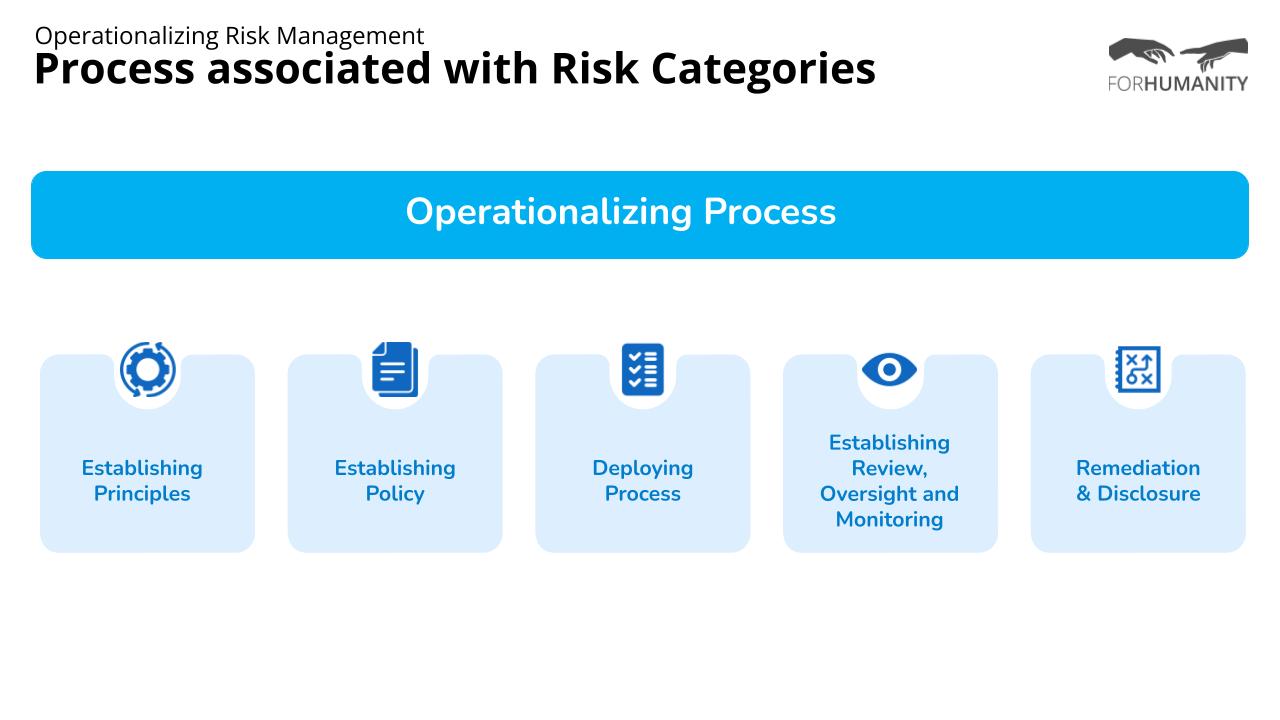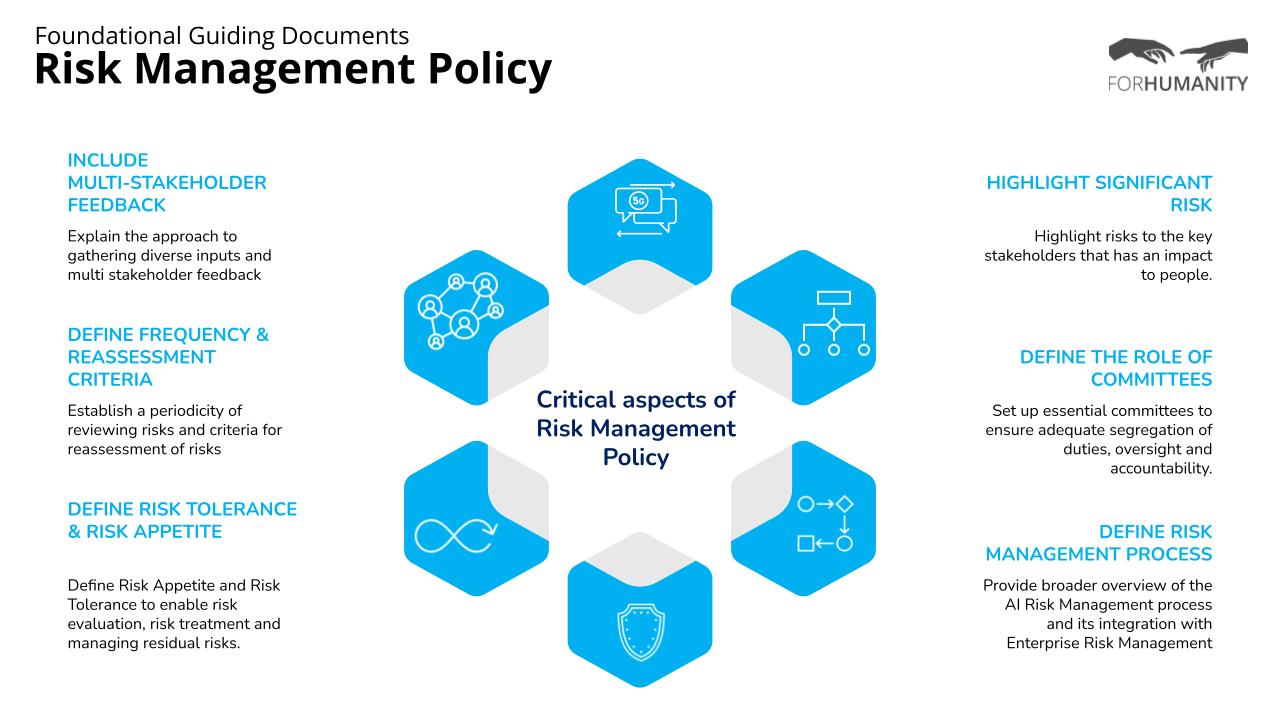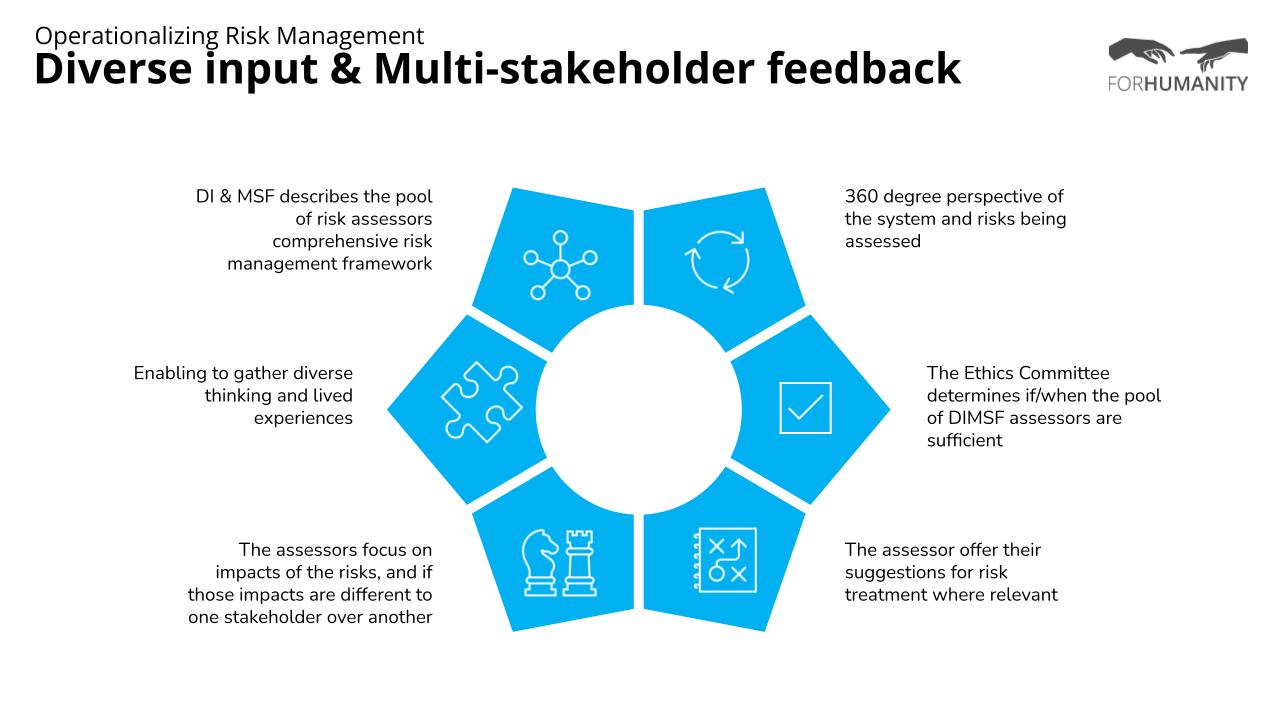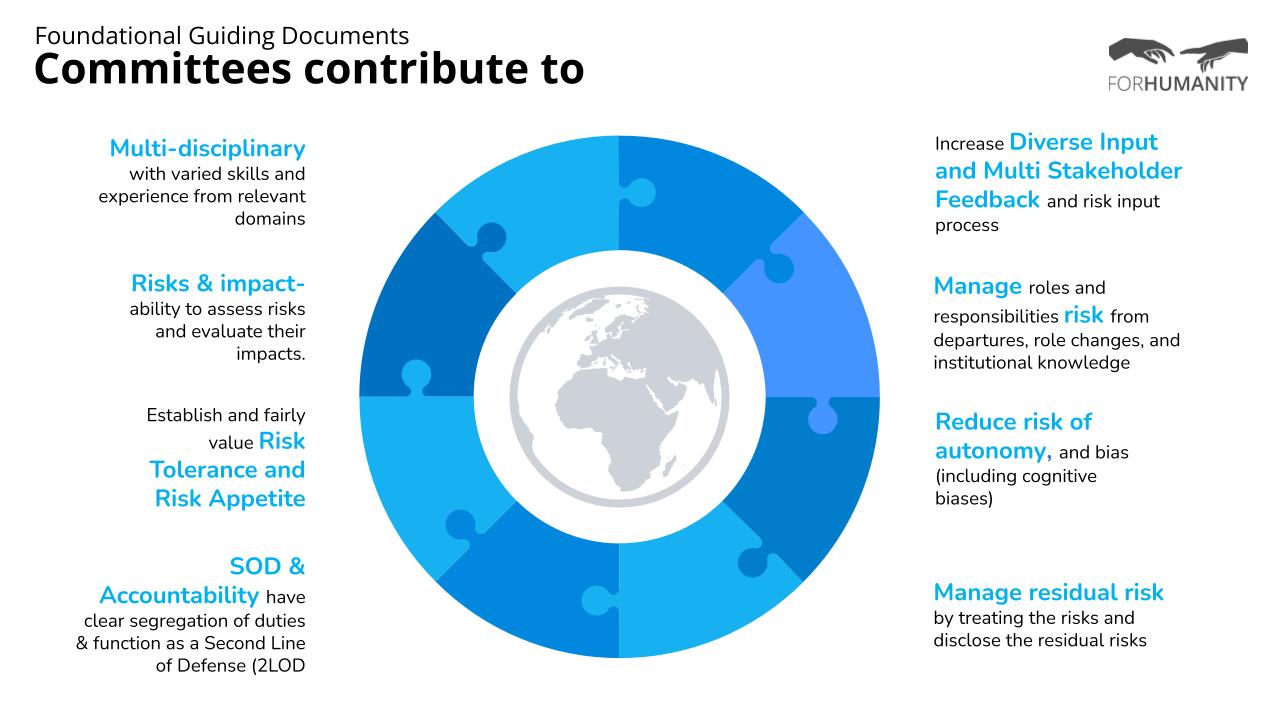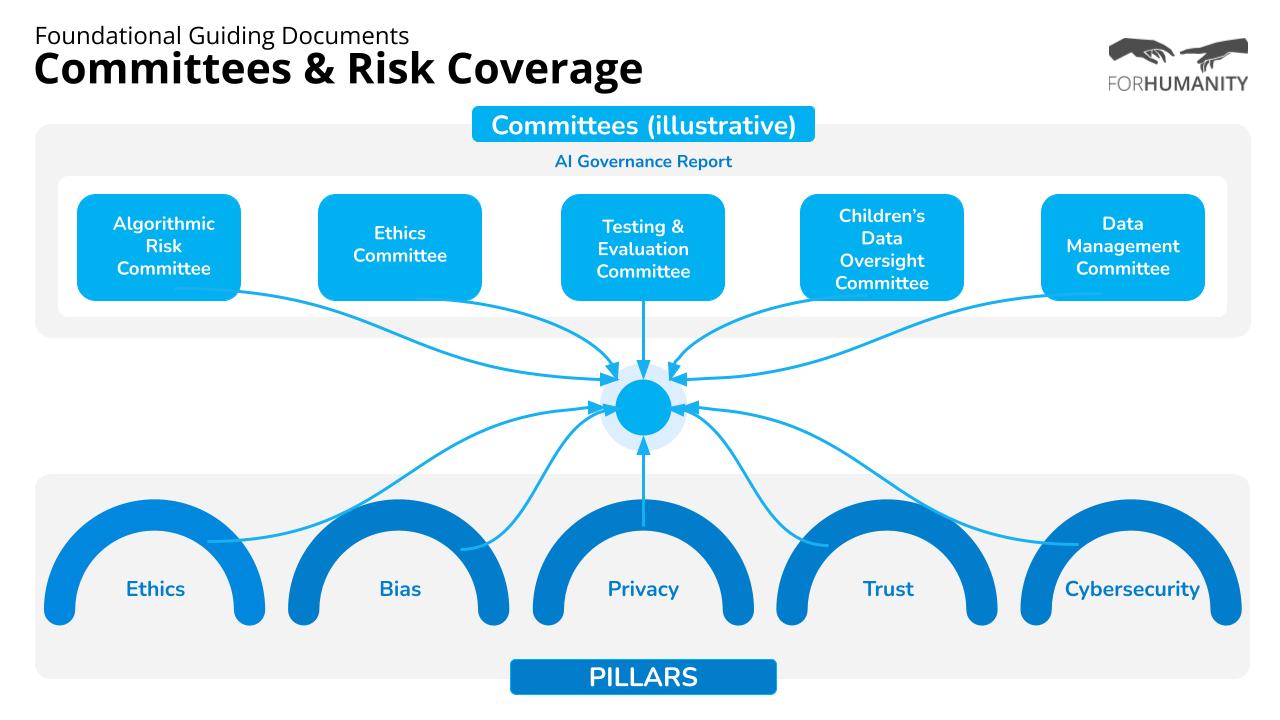1. FH foundational reading on risk management (Principles)
ForHumanity’s mission is to mitigate downside risks posed by AI, algorithmic and autonomous systems. One of the clear ways to mitigate risk is to implement and operationalize a robust & agile Risk Management framework.
ForHumanity’s approach to risk management is centered on Ethics, Bias Privacy, Trust and Cybersecurity. Considered from a 360 degree multi stakeholder perspective, these pillars encapsulate the range of negative impacts and risk from socio-technical systems. ForHumanity wraps those pillars with a risk management framework that ensures compliance, mitigation and operability including characteristics such as: ethical, human-centric, accountable, governable, overseeable, transparent, documentable, proveable, evidence-based, and independently auditable.

In FH context, Risk management will be an essential component to not just enable compliance with the criteria but also be a sustainable method to prevent, detect and respond to emergent risks. ForHumanity advocates for a risk management framework that is omni-directional and multivariate. Multivariate in that the risk framework considers corporate risk (which damages employees and shareholders), risk to humans (which damages users/clients/prospects and unwitting participants), societal risk (which damages our systems, groups, communities, markets and collectives) and environmental risks (which damages nature and sustainability considerations). All of these vectors result in a residual risk after optimizing risk mitigations. These residual risks, well disclosed and considered, will empower an increased ability to deal with emerging risks, support concentrated research on novel mitigations and encourage informed acceptance of consequences when residual risk manifests itself.

Read the complete brief here: FH foundational reading on Risk Management. Also read about Low risk AAA system identification process here Identifying Low Risk AI, Algorithmic and Autonomous Systems

Diverse Inputs & Multi-stakeholder feedback
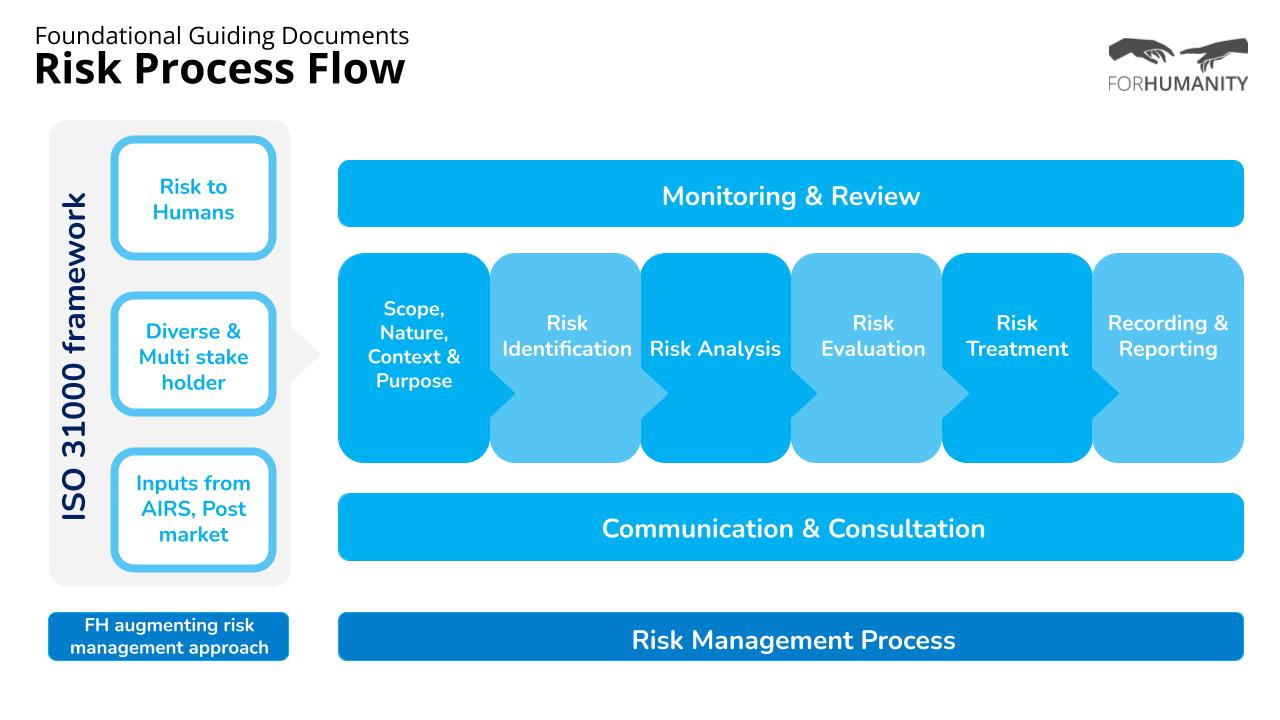
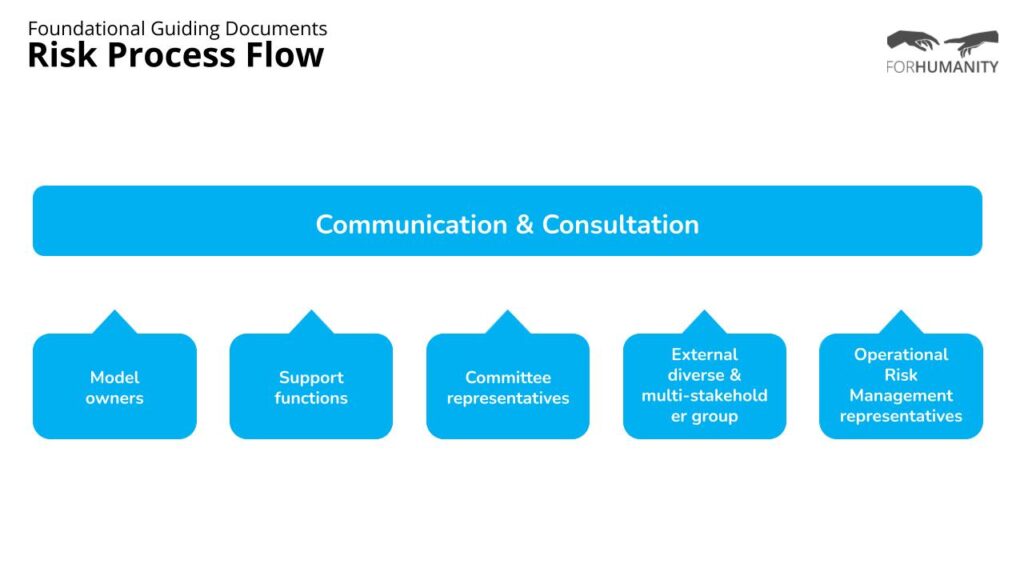
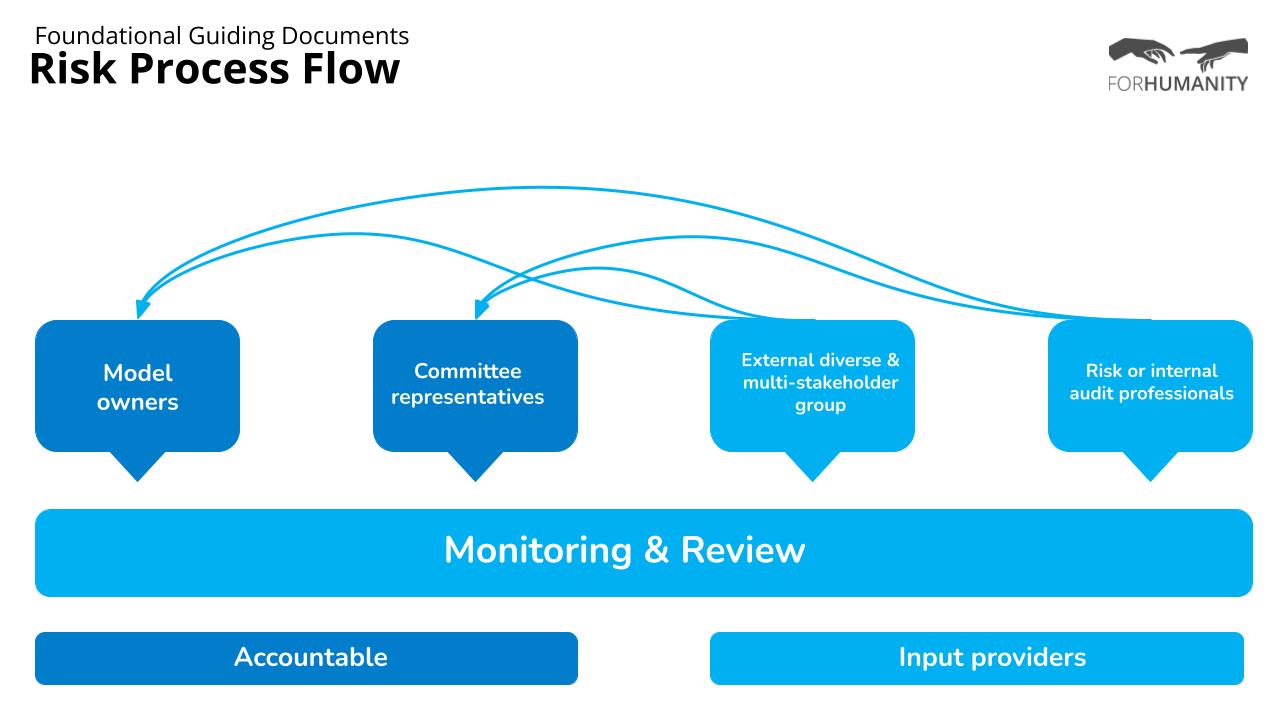
Guidance on operationalizing risk categories from human impact perspective
